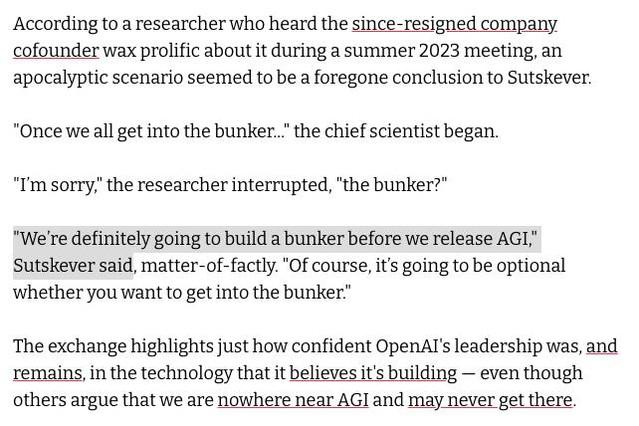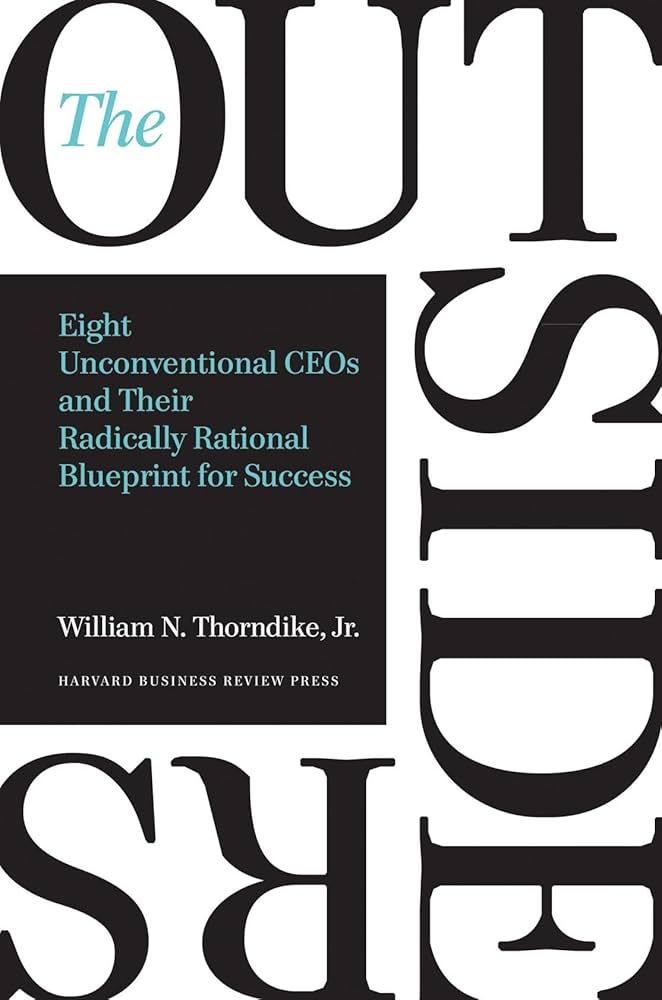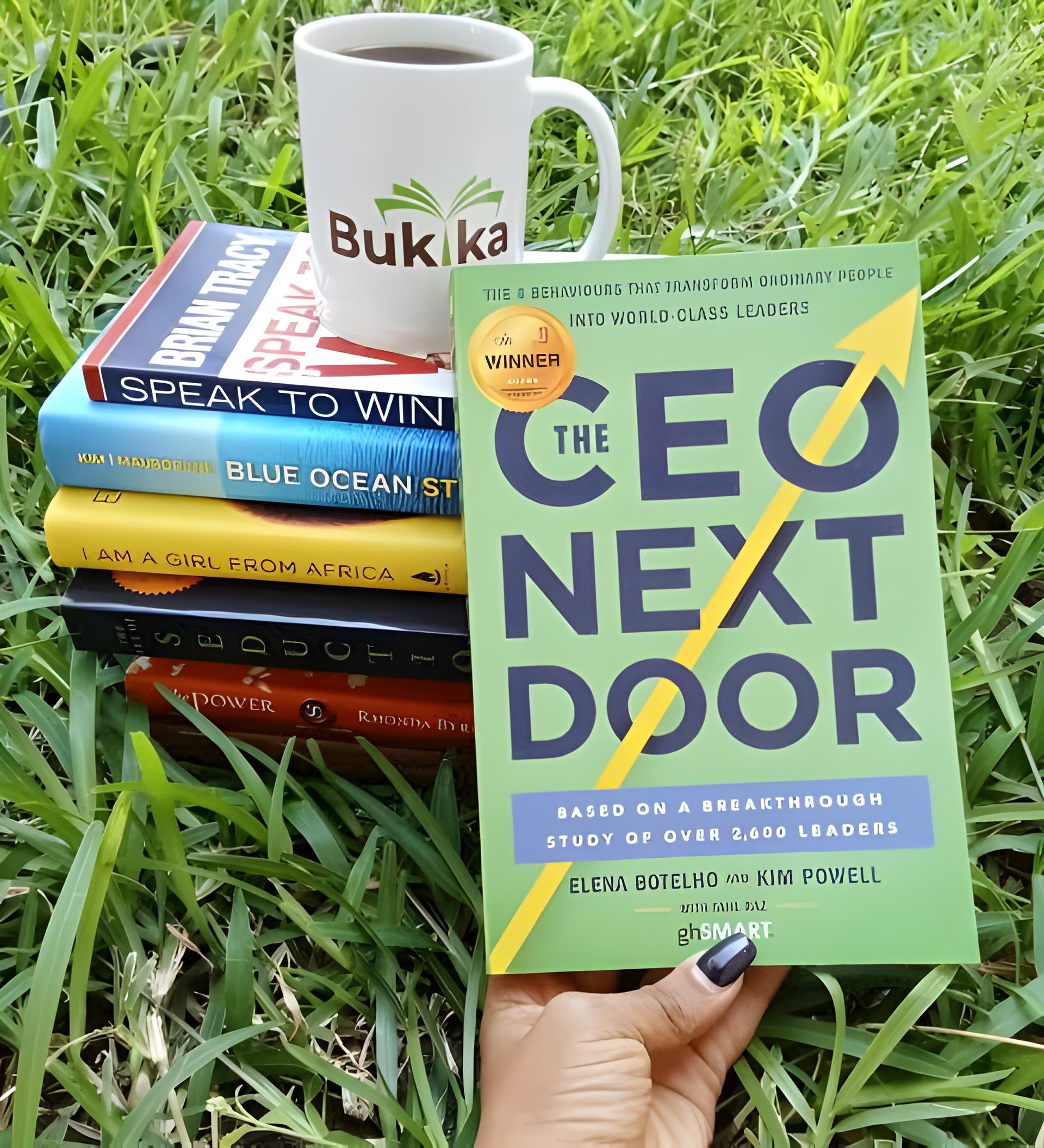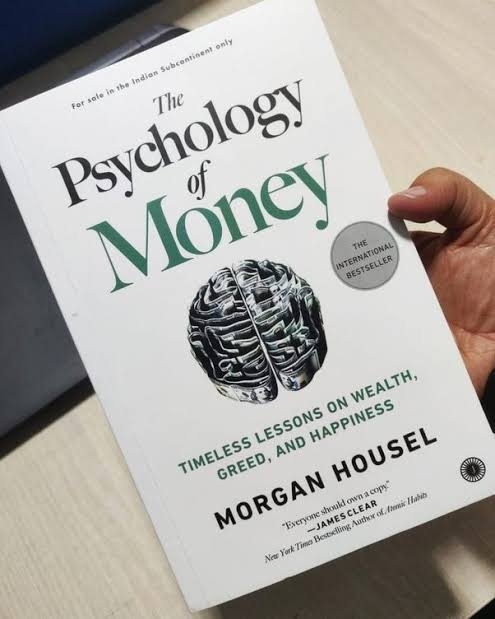Back
More like this
Recommendations from Medial
ProgrammerKR
Founder & CEO of Pro... • 10m
World's Most Dangerous Company Palantir Technologies might not be a household name, but its reach is chilling. This data analytics firm works behind the scenes with intelligence agencies, military operations, and governments worldwide. Known for cre
See More
Mehul Fanawala
•
The Clueless Company • 1y
Employers, beware of these 7 red flags that indicate poor leadership skills: 1. Inability to Empower Others ↳ Leaders who micromanage or fail to delegate show insecurity and undermine their team's confidence. 2. Failure to Provide Feedback ↳
See MoreRS
•
Stock Market Institute I Trade With Market I Financial Institute • 5m
❓ A Question for You All We all know the classic 5W1H formula: What, Why, When, Where, Who, How. But I added one more → Humanity (H). So here’s my question to you 👇 👉 If you are starting a project, making a decision, or building a startup — Woul
See MoreDownload the medial app to read full posts, comements and news.



















/entrackr/media/post_attachments/wp-content/uploads/2021/08/Accel-1.jpg)




















